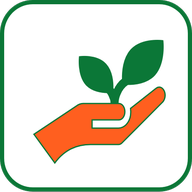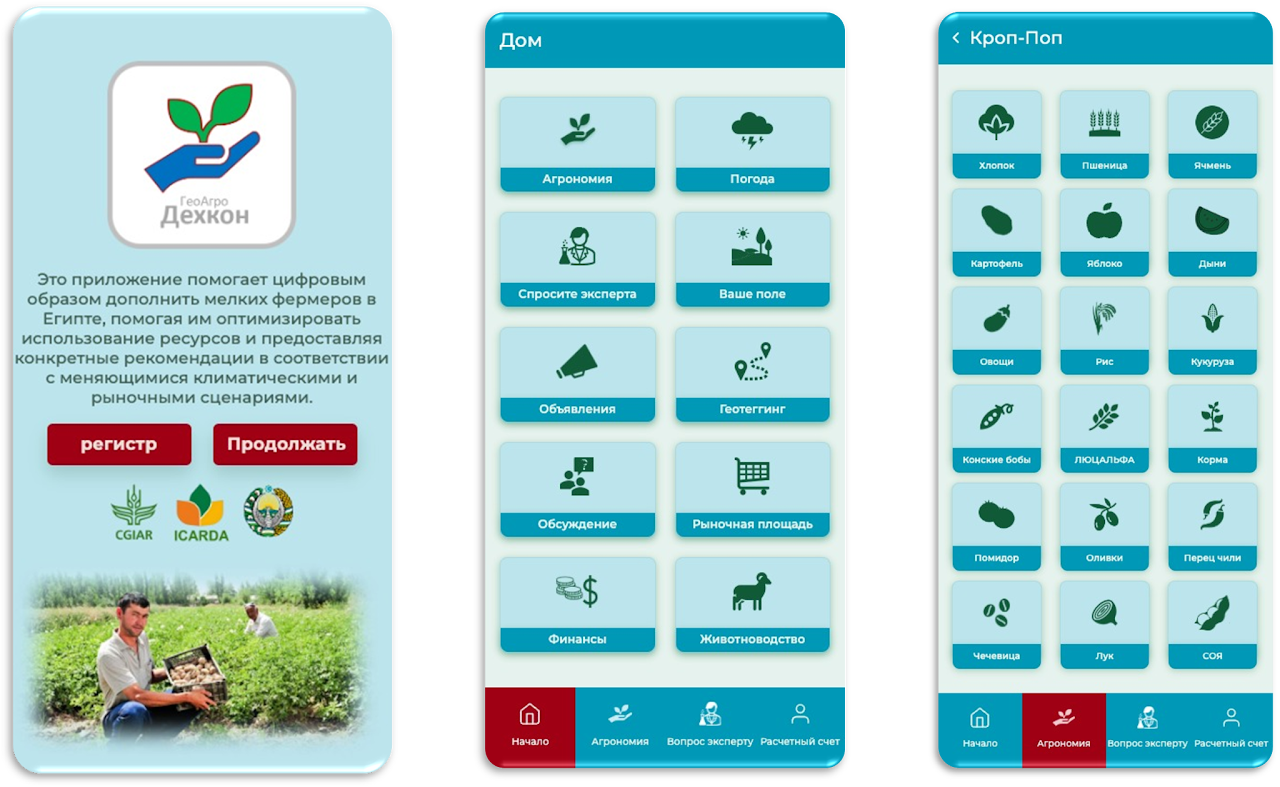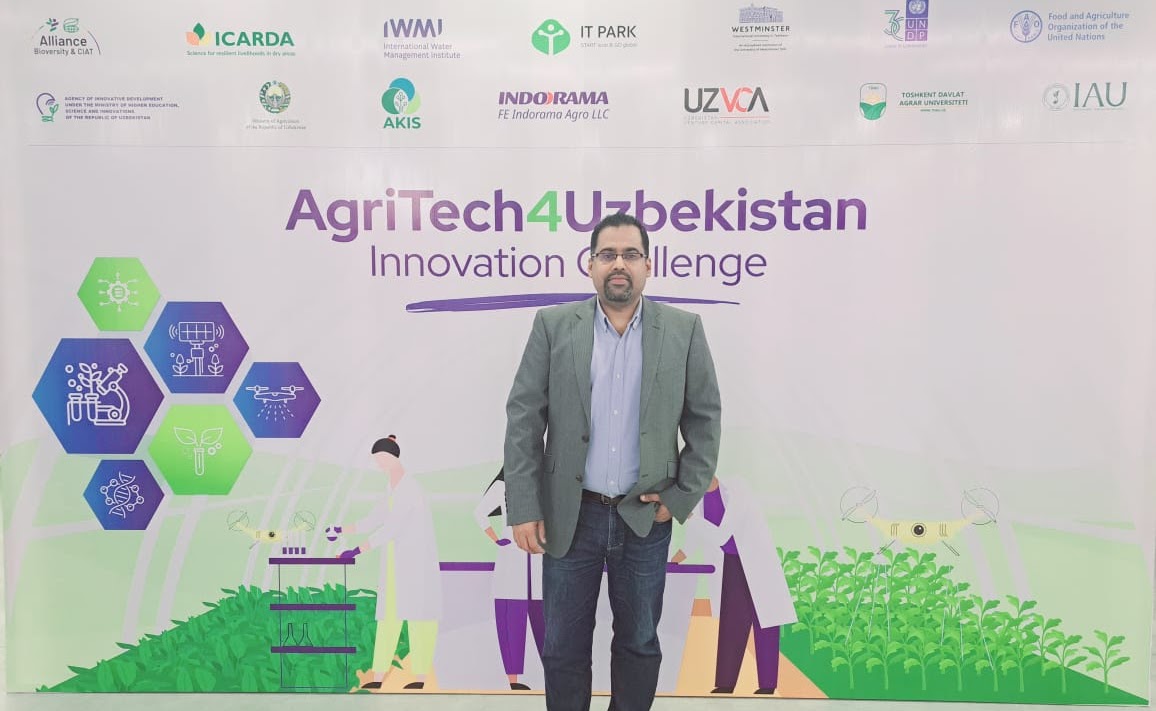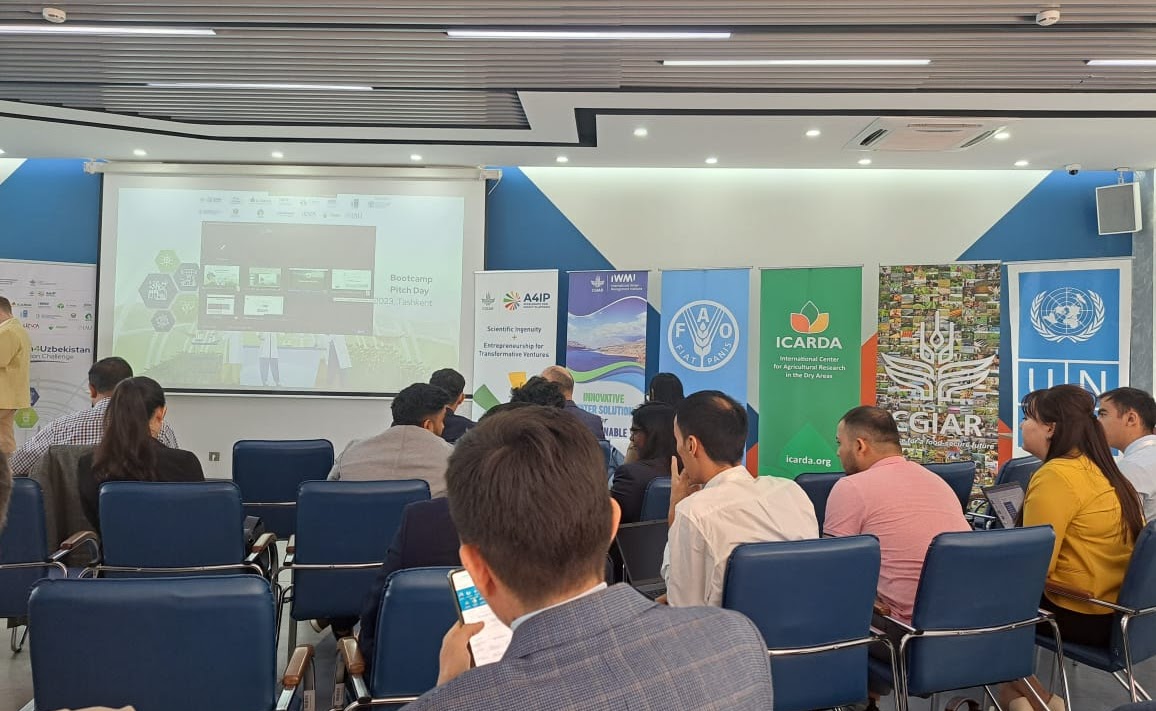Uzbekistan's
agricultural sector, a critical engine for the country's economy and food
security, faces a major challenge from climate change. The rising temperatures,
coupled with changes in precipitation patterns, threaten to disrupt crop yields
and water availability. Declining river flows due to increased evaporation and
upstream water use, along with an aging irrigation infrastructure with high
water losses, put immense strain on this vital resource. This jeopardizes
Uzbekistan's cotton production, a major export and source of income, as well
as staple crops like wheat. Furthermore, extreme weather events like droughts
and floods become more frequent and intense, further damaging crops and
infrastructure. The situation is worsened by land degradation, partly due to
past unsustainable practices, which reduces soil fertility and increases
salinity, making it even harder to cultivate crops. These combined factors
threaten the livelihoods of millions of Uzbek farmers and the country's food
security.
Digital
transformation can be a powerful solution for this problem. Additionally,
digital platforms can connect farmers with experts and resources, allowing them
to adopt sustainable land management practices like crop rotation and cover
cropping. Furthermore, digital tools can empower citizens to participate in
environmental monitoring and reporting. Mobile apps can allow farmers to report
land degradation issues and receive guidance from specialists. By harnessing the
power of digital transformation, Uzbekistan can transition towards a more
sustainable future, mitigate the effects of climate change, and combat land
degradation and desertification. Digital extension, the strategic use of
technology to deliver agricultural knowledge and services, can bridge this gap
and empower Uzbek farmers. Digital extension goes beyond reactive solutions.
Additionally, online platforms can connect farmers to experts, fostering
knowledge exchange and the spread of best practices. Furthermore, digital tools
can be used to train extension agents, equipping them with the latest knowledge
to better serve their communities. By collecting data on agricultural practices
and outcomes, digital extension can inform policy decisions, optimizing resource
allocation and ensuring support reaches the farmers who need it most.
The
key to success lies in a multi-stakeholder approach. Infrastructure development,
ensuring reliable internet access in rural areas, is crucial. Additionally,
fostering digital literacy among farmers through training programs is essential
for adoption. Collaboration between the government, research institutions, and
private companies is necessary to develop and implement effective digital
extension solutions. By embracing digital extension, Uzbekistan can empower its
farmers, improve agricultural productivity, and ensure a more sustainable and
prosperous future for its rural communities.









